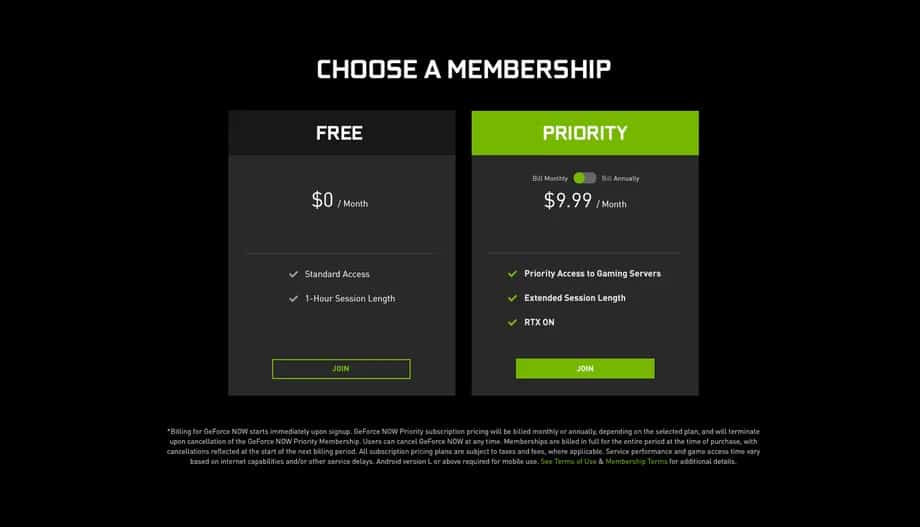However, those who were involved on 17 March are liable for the life prices of the Founders, says Nvidia, which amounts to a little less than 60 $ per year. The company is also planning to provide a free GeForce Now level, but that level limits you to one hour. In Nvidia’s words, the price increase is supposed to reflect the development of the platform since its introduction in 2015 and the public testing process of Nvidia a year ago. “As GeForce Now hits the second year and reaches 10 million members quickly, the organization is able to get things done,” he said. “GeForce has now released an advertising plan with creators last February out of beta. The new premium offer is launched on Thursday when the memberships of the founders are similar to new registrations and priority memberships.’ Many who have tried GeForce Now with their Founders membership but let it expire in your subscription will be unhappy to discern that Nvidia does not plan to provide anybody, even though you let your subscription lapse several days earlier, with the $4.99 a month pricing that should have been a paid subscriber. You must be a current member and have paid a Founders membership as of yesterday, and you must still be active in order to continue paying the discounted amount. You will forfeit the promotion for good if you cancel. “Since 3/17/2021 membership must be registered with the Founders and their membership must remain on standing, in order to be considered for the payout. Unfortunately, you are not worthy of you were formerly a founding member but were downgraded,’ explained an Nvidia representative to The Verge.
Nvidia has not sold for some time now monthly memberships but rather an exclusive six-month discount package for $24.99. Instead. It is less likely that anyone who has subscribed to the pricing for this Creator will be rejected in the last few months. GeForce Now breaks from these sites by allowing members to buy stream games that Epic, Steam, and other internet distribution companies have already bought from across the cloud. The paying introduction of last year’s service was bumpy after major developers including Activision Blizzard and 2K Games had shaken up the library, which Nvidia was disputing. Last year’s commercial launch was a bumpy one after the pull-out of the libraries by well-respected developers including Activision Blizzard and 2K Games, which contributed to the Nvidia controversy streaming their games without express approval. Nvidia has since turned to an opt-in approach for Court Game Developers, a strategy that is paying off when Nvidia brings over 10 new titles to the site per week. The firm also has a complete list of titles sponsored on its website, which is welcome after last spring’s shaky licensing failure. The technology will continue to improve over time, Nvidia claims, while his latest onboard GFN Thursday will be saving from 10 new games added to 15 per week by year’s end! GeForce also will get support for Adaptive Vsync later this month, which “syncs the frame rates at 60 to 59.94 Hz on the server-side to suit the client side of the monitor, eliminating stutter and lag on compatible games,” explains the organization. Nvidia also states that a ‘new adaptive de-jitter technology’ is being released to improve bit rates for slower networks playing. (However, Nvidia did not offer a timetable for supporting 4K streaming on request) . Additional advantages include the linkage to inter-platform games and preload enhancements to reduce load times by half, all in the next one to two months. Nvidia also adds data center space in Phoenix, Arizona, and later this year brings the first Canadian data center in Montreal up, helping to cut down waiting times. Nvidia didn’t have anything new to share in the company’s iOS beta, which was released in November. But a spokeswoman for the group said that “all previously announced project developments are already on the agenda for the Epic team,” referring back to continuing work to get Epic’s Fortnite via GeForce Now back to the cell phone and iPad, after it was banished last summer by Apple and Google.
